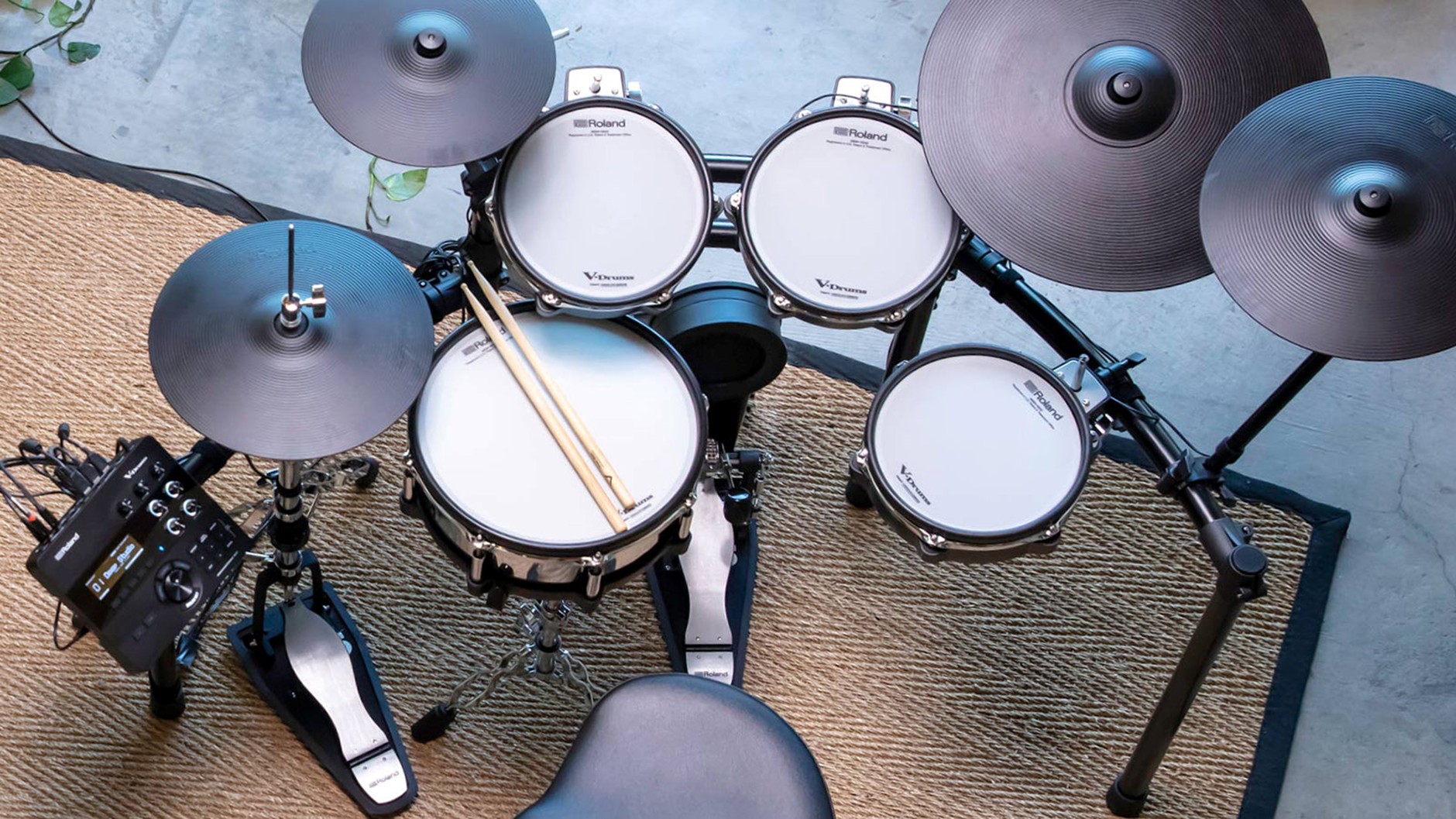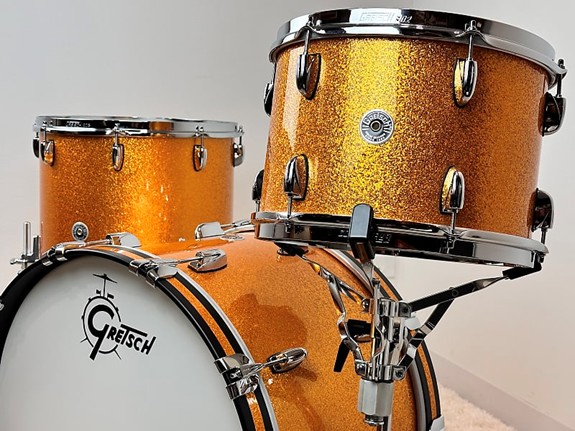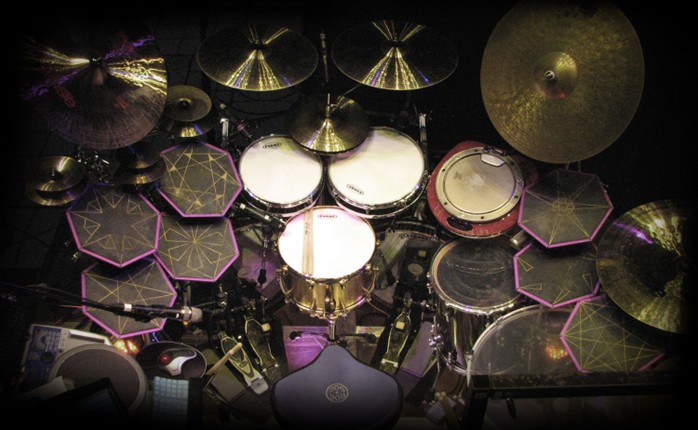Practising on Acoustic vs Electronic Drums: What You Need to Know
When it comes to developing your drumming skills, both acoustic and electronic drum kits offer distinct advantages and drawbacks. The choice often depends on your goals, environment, and long-term aspirations. Here’s how they stack up specifically for practice.
Electronic Drums for Practice
Pros:
- Silent Practice:
The biggest advantage of electronic drums is the ability to practice quietly using headphones—ideal for apartments, shared homes, or late-night sessions. - Built-In Tools:
Most kits come with helpful practice features like metronomes, play-along tracks, loop functions, and recording options. These tools help refine timing, accuracy, and creativity. - Sound Variety:
With a wide range of sounds and kit emulations, you can experiment with different genres and styles, which is great for building versatility. - Easy Setup and Portability:
Compact and lightweight, electronic kits are easier to set up and move, making them practical for home practice or mobile teaching.
Cons:
- Feel and Response:
Rubber or mesh pads don’t replicate the physical feedback of acoustic drums. The rebound, dynamics, and stick response are noticeably different, which can hinder adaptation to acoustic kits. - Sound Limitations for Live Transition:
While excellent for practising rhythms and coordination, the electronic kit may not prepare you fully for the volume, tone, and physical intensity of playing acoustic drums in a live setting. - Long-Term Development:
As you progress, you may find that electronic kits don’t challenge you to develop the finesse and dynamic control that an acoustic kit demands.

Acoustic Drums for Practice
Pros:
- Realistic Feel:
Practising on an acoustic kit builds muscle memory and stick control that directly translates to live performance. The response and dynamics of real drumheads and cymbals foster better technique. - Live-Performance Ready:
If your goal is to perform live, acoustic practice conditions you for the power, sound, and presence needed on stage. - Authentic Sound:
You develop an ear for acoustic tone, tuning, and resonance, which is crucial for playing in bands or recording with microphones.
Cons:
- Volume Issues:
Acoustic kits are loud. Practising at home can be a challenge unless you have a soundproof space or very understanding neighbours. - Space and Portability:
They take up more room and are heavier, making them less convenient for casual or mobile practice setups. - Fewer Built-in Tools:
Unlike electronic kits, acoustics don’t come with practice aids. You’ll need external gear (metronomes, recorders, etc.) to track your progress. - Recording Complexity:
Practising with recording or feedback in mind is more difficult—you’ll need mics, an interface, and possibly a treated room.

Hybrid Practice Approaches
Some drummers opt for a hybrid setup—acoustic shells fitted with mesh heads and triggers connected to a sound module. This provides the feel of acoustic drums with the noise control and digital tools of electronic kits.

Final Thoughts
If your main priority is quiet, flexible, and tech-supported practice, electronic drums are a smart choice—especially for beginners and hobbyists. They make it easy to focus on fundamentals like timing, coordination, and genre exploration.
However, if you’re aiming for live performance, nuanced technique, or professional-level playing, there’s no substitute for regular practice on an acoustic kit. The feel, dynamics, and physical demands of acoustics are crucial to mastering the instrument fully.
Best Practice Strategy: Combine both. Use electronic kits for convenience and drills, and acoustic kits to develop real-world chops and stage readiness.



Responses & Questions